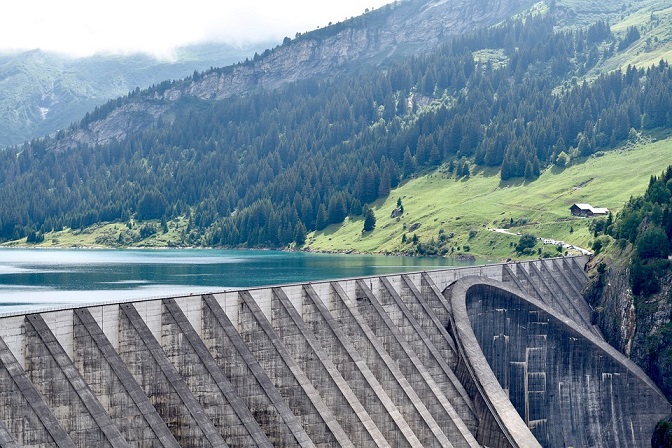Most of us do not really think about water much, even though it sustains life on all levels. I mean, we open a tap and clean water flows out, what is there to think about?
If you live in the developed world, fresh water for drinking, food preparation, agriculture, watering our gardens and sanitation is generally readily available; but this is not necessarily so in many developing countries.
The search for safe drinking water can be a daily crisis in developing countries, and millions of individuals, most of them children, die from water-related diseases annually.
Freshwater scarcity manifests itself in the depletion of groundwater, and the drying up of rivers and lakes upon which people depend for irrigation to grow their food,” according to Sandra Postel, director of the Global Water Policy Project and the National Geographic Society’s freshwater fellow.
Due to the dedicated efforts of many governments and NGOs, safe drinking water has been made available to some 1.7 billion people globally since the 1992 Earth Summit, but it is still not enough. Due to climate change and an exploding global population, there are still an estimated 880 million people who still do not have regular access to clean water. Apart from that, there are also around 2.7 billion people without adequate sanitation.
Lack of fresh water does not only cause the death of around 5,000 children every day due to preventable diarrhoeal diseases such as cholera and dysentery, it can also lead to the spread of preventable ailments such as trachoma, which has blinded about six million people.
A Lack of fresh water also traps many low-income families in a cycle of poverty and poor education, especially girls and women, who often spend much of their time either collecting drinking water from sources far from their homes or unable to go to school due to personal hygiene problems as a result of a lack of fresh water.
We need to be far more careful with the water that we do have and reuse and recycle where possible, and we need to ensure that those living in developing countries get access to life-saving water.






